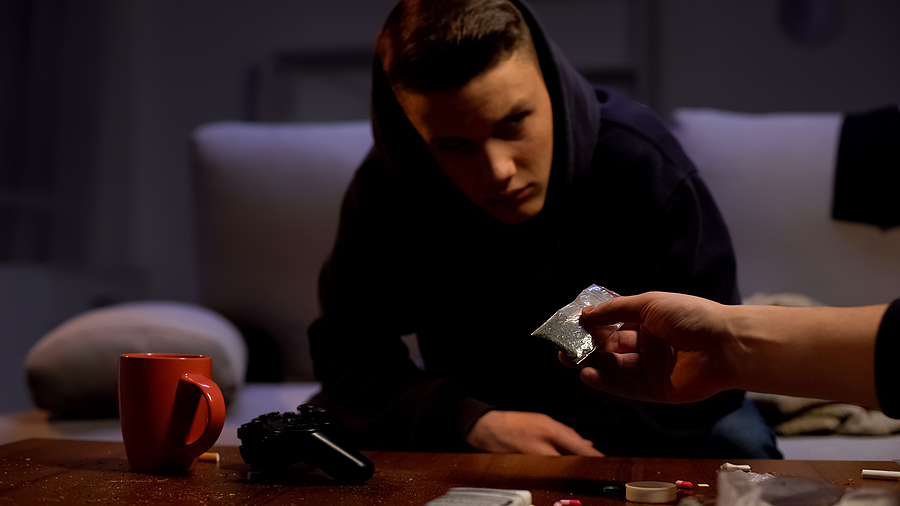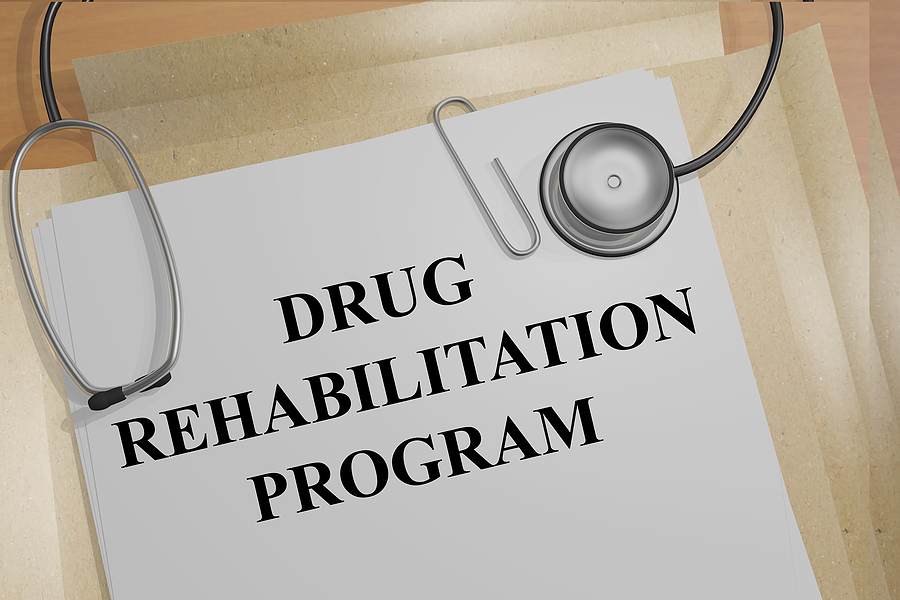Drug addiction can hide behind habits, excuses, or fear until it begins to strip away health, purpose, and relationships. Each day under its weight can feel heavy, yet the path forward remains open. Recovery asks for effort, time, and a willingness to change. Many people wonder how to quit drug addiction or how to take those first steps, or how to trust the process enough to keep moving. We offer guidance because we know how addiction pulls people away from hope. Each person deserves a chance to step free from substance use and rediscover a life built on health, clarity, and peace.
First Steps Toward Recovery
If you want to know how to quit drug addiction, then you need to know that recovery often begins with honesty. People must admit that substance use stands in the way of health, happiness, and safety. Many try to minimize the problem, calling it a phase or a rough patch, but drug use rarely fades without help. Denial grows deep roots, feeding off shame and secrecy. Only honesty breaks that silence.
Physical dependence also demands attention. Drugs affect the brain, alter emotions, and shape habits. When people stop using drugs, withdrawal often arrives as an unwelcome visitor. Nausea, shivers, muscle pain, or restlessness may appear. Sleep might disappear. The mind may race, craving relief. These reactions can frighten people away from quitting. Professional care eases those symptoms and keeps people safe while the body works to find balance.
A doctor or treatment team often helps people choose a plan of steps to quit drugs tailored to their history, health, and goals. Behavioral therapies often give people new ways to think about stress, temptation, and life’s pressures. Counseling brings insight, clarity, and new methods to handle triggers without returning to drugs. Each person deserves a plan shaped for them alone.
Support Systems That Make a Difference
Addiction often pushes people into solitude. Shame builds walls. Secrets grow heavy. Yet connection holds power that addiction cannot match. A support system keeps people anchored during moments of doubt. People who gather in support groups share stories, build trust, and replace loneliness with shared strength. This connection does more than lift spirits. It teaches people that change remains possible.
People also benefit from professionals who provide perspective and structure. Counselors guide conversations toward solutions rather than blame. Doctors help manage health risks and adjust treatment plans. Each voice in a support network adds strength to the fight against addiction.
Treatment Programs That Help People Succeed
Treatment programs stand as shelters for people caught in addiction’s storm. Different options exist because no single path suits everyone. Some people enter residential treatment where structure replaces chaos, and temptation loses power. Others choose outpatient care, which allows them to keep work, family, or other commitments while still receiving therapy and medical oversight.
Residential treatment removes people from environments tied to substance use. Walls block access to drugs and protect people while they focus on recovery. Regular meals, group activities, and therapy sessions create a routine. Sleep improves. Minds clear. Physical health begins to rebuild. Time in a residential center often gives people space to pause, breathe, and consider how to build a new life.
Medical support matters. Doctors monitor physical health, adjust medications, and step in if mental health concerns arise. Addiction rarely exists alone. Depression, anxiety, trauma, or other conditions often stand beside it. Effective treatment addresses the entire person, not just the drug use.
Setting Goals for Long-Term Sobriety
Recovery does not end after detox. People must build new habits, forge new paths, and stay vigilant against triggers. Short-term goals help people see progress early. A person might decide to attend weekly meetings, replace drug use with exercise, or repair relationships harmed by past behavior. Each victory builds confidence.
Long-term goals often center on creating a life that leaves no room for addiction’s return. Some people plan to return to school or pursue career goals. Others focus on building stronger family bonds or finding hobbies that bring joy without risk. Health goals also deserve space. Eating well, moving the body, and prioritizing rest strengthen both body and mind.
Contact the Serenity Treatment Center of Louisiana
Drug addiction seeks silence and secrecy. It feeds off shame and fear. Yet silence loses power when someone speaks the truth and asks for help. How to quit drug addiction becomes a real question with real answers when support is available. The Serenity Treatment Center of Louisiana stands ready to hear that truth and to help build a new future.
We understand how addiction steals time, health, and hope. Our team consists of professionals trained to handle both medical needs and emotional wounds. We offer various programs that fit your life. Whether you seek residential care for structure and safety or outpatient services that allow you to remain at home, we tailor our plans to suit your story.
You hold the power to decide when to change. We stand ready to guide you when that moment arrives. Drug addiction may have shaped your past, but it does not have to shape your future. We welcome your call whenever you feel ready to step forward. Contact Serenity Treatment Centers of Louisiana at (225) 361-0899 to get the help that you need.










